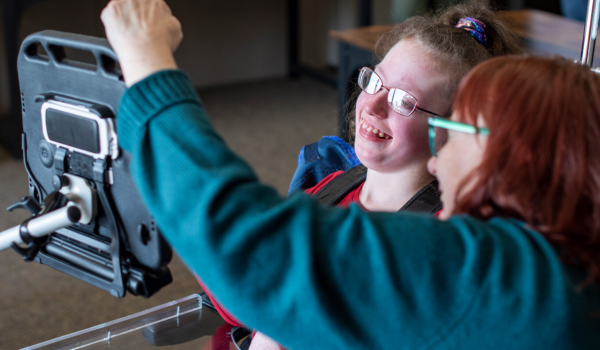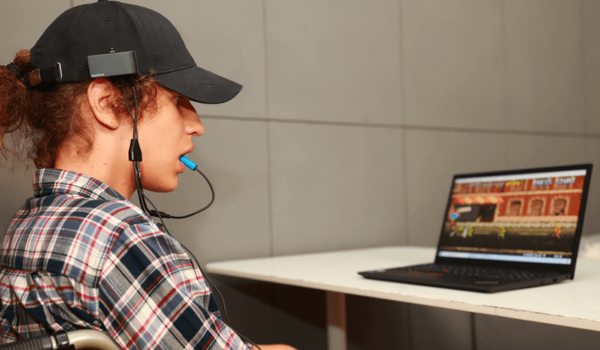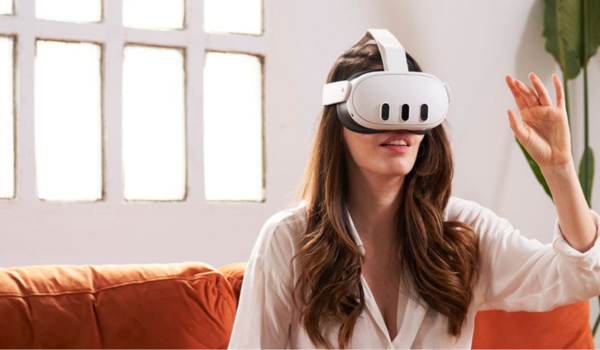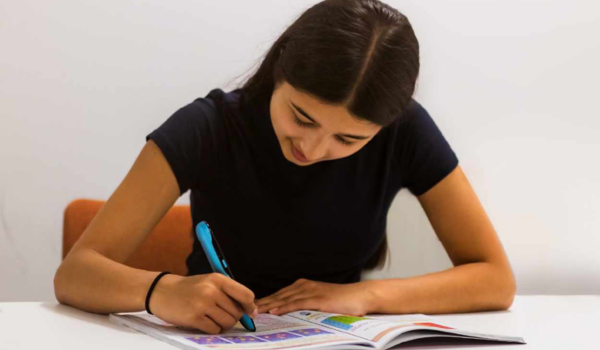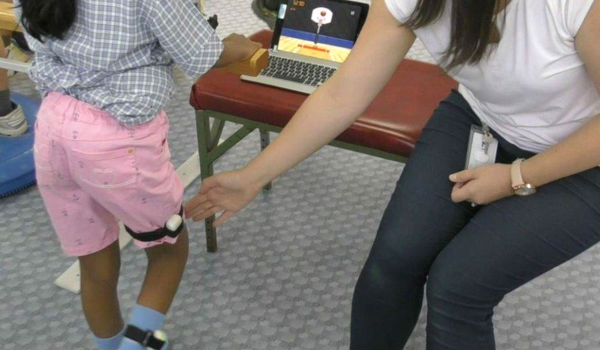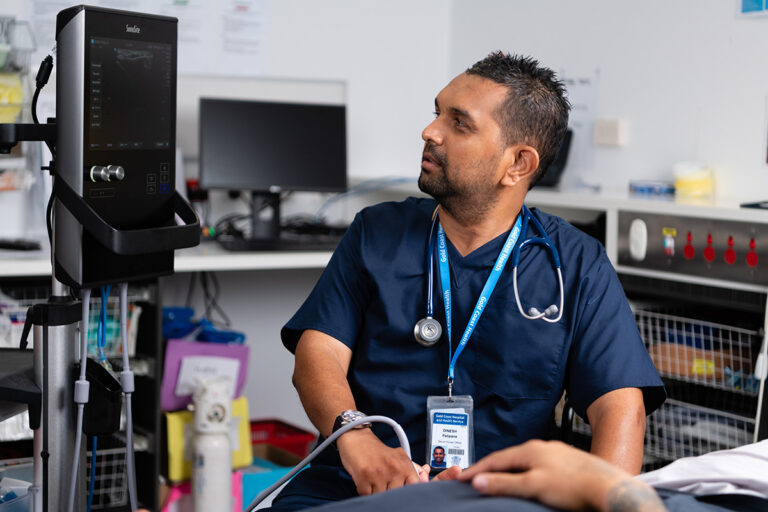Technology is becoming part of everyday life for people with disability in new and powerful ways.
From doing therapy in your lounge to using your eyes instead of your hands, inclusive tech is helping remove barriers and make daily tasks more achievable.
Our friends at Source Kids recently shared some assistive tech tools that are making a real difference at home, in schools and out in the community. Here are five standouts.
1. VersaEye for iPad.
Controlling an iPad with your eyes might sound futuristic, but it’s here now.
The VersaEye with Hiru by IRISBOND uses eye tracking to help you move through apps and screens without needing to touch anything. Whether it’s chatting using Augmentative and Alternative Communication (AAC), playing games, studying or working, VersaEye makes it easier to interact with your device independently.
2. GlassOuse assistive mouse.
This hands-free mouse is worn around the head like a pair of glasses, but instead of lenses, it’s fitted with clever tech.
GlassOuse connects wirelessly to your device and uses head movements to control the cursor. It’s designed for people who can’t use a regular mouse and works with adaptive switches too.
3. XRHealth virtual reality therapy.
XRHealth brings together extended reality (XR) and qualified clinical care to make therapy more engaging and accessible.
Using a VR headset, you can have occupational therapy, physiotherapy, psychology and functional capacity assessments at home. Sessions are delivered by AHPRA-registered clinicians, so you’re still getting professional support, just in a different way.
4. C-Pen Reader 3 reading pen.
The smart C-Pen Reader 3 reading pen helps turn printed text into speech.
It’s designed to support reading for dyslexic people and includes helpful features like a touchscreen and multiple language settings. You can listen to text read aloud, look up definitions or use it to practise reading independently.
5. LusioMATE wearable physio games.
LusioMATE is a wearable sensor that connects to an app and helps make physio exercises more fun.
Sensors attach to different parts of the body and track movement. As you complete challenges, you can unlock achievements and see your progress. Therapists can check in remotely and update goals, which makes it useful for home rehab or telehealth sessions.
